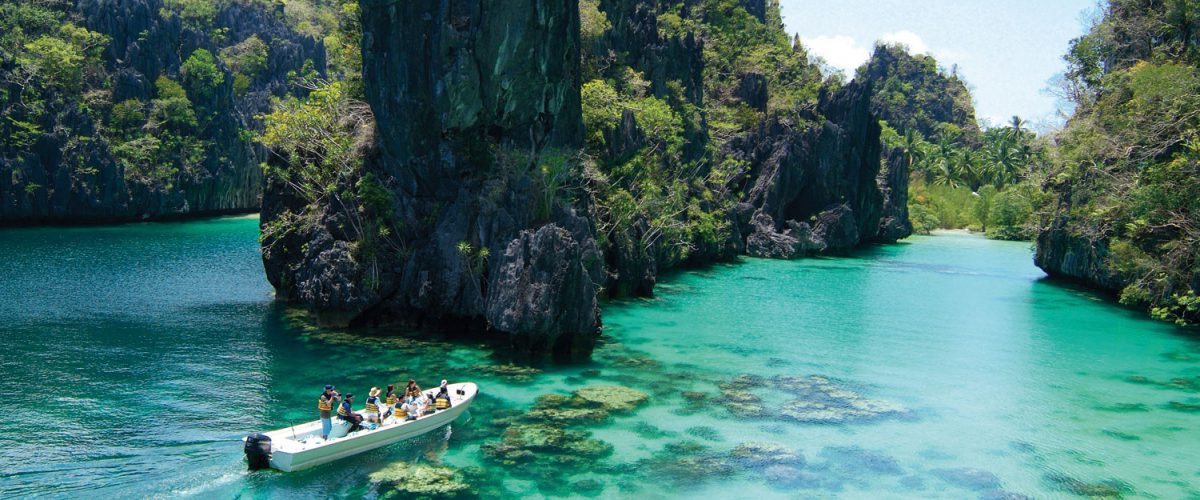The Philippines is made up of a number of islands, spectacular beaches, scenery, and a lively and bustling cultural scene that appeals to tourists and business workers alike.
As a travel destination, it is on most people’s lists – so it’s important to know what vaccinations might be recommended before you go to the Philippines to ensure you and your family or friends remain safe and healthy while away.
This article provides general advice on vaccinations for the Philippines. It is not a substitute for personal medical advice from the Travel Vaccination Clinic doctor or your doctor.
Before receiving travel-specific vaccines, you should ensure you are current with all routine vaccinations. If you are unsure whether you are up to date, ask the doctor to confirm whether you should get a booster shot to protect you.
The Travel Vaccination Clinic is here to help you get the most out of your overseas experience, ensuring you remain happy and healthy throughout your trip.
To enable us to do this and to allow us to make informed decisions about the vaccinations, you must be honest and open during your appointment. We need to know about underlying medical conditions, existing medical treatment, your medical history, and any other health considerations that might be relevant.
Checklist
- Ensure you are up to date with childhood vaccinations
- Practice proper food safety and hygiene, such as drinking boiled or bottled water, hand washing, and avoiding street food if you do not think proper hygiene standards are being maintained
- Avoid mosquito bites where possible
- Inform the Travel Vaccination Clinic of your full travel plans and itinerary during your appointment
- Book travel insurance
Measles in the Philippines
Measles is of particular concern in the Philippines as large numbers of cases have been reported as recently as 2014. Measles in adults is far more dangerous than the typical childhood virus.
Ensure you inform the doctor during your appointment if you are not completely up to date with routine vaccinations OR if you have previously had an adverse reaction to any vaccine or medication.

